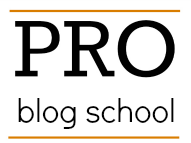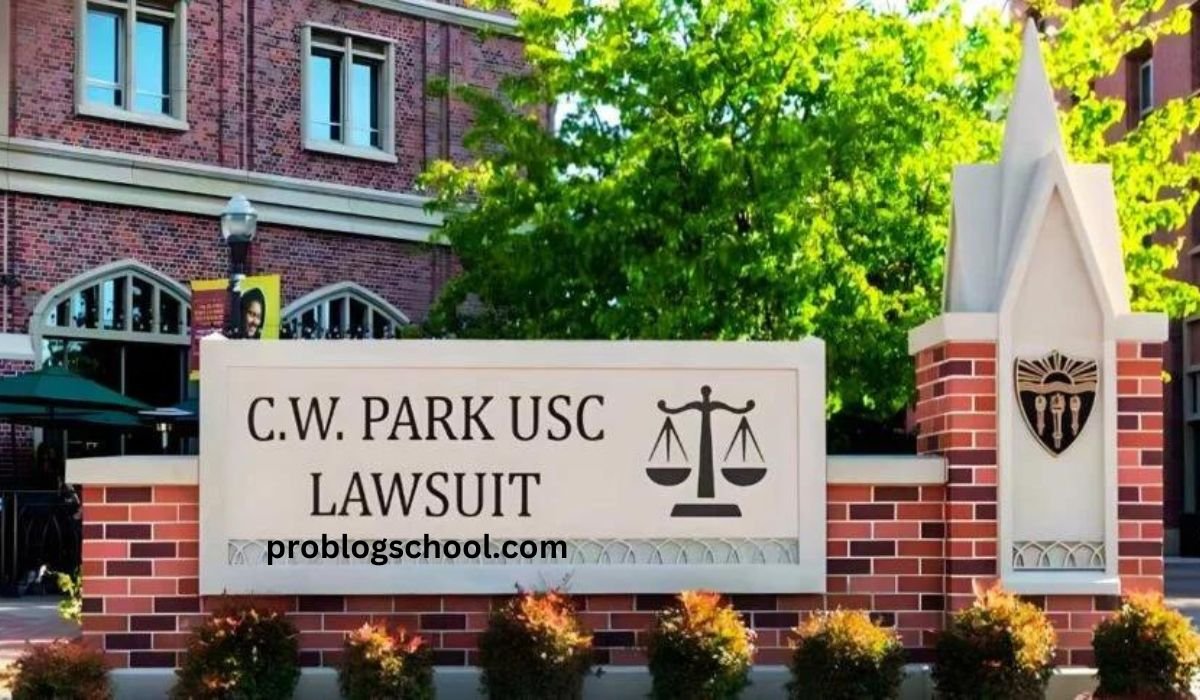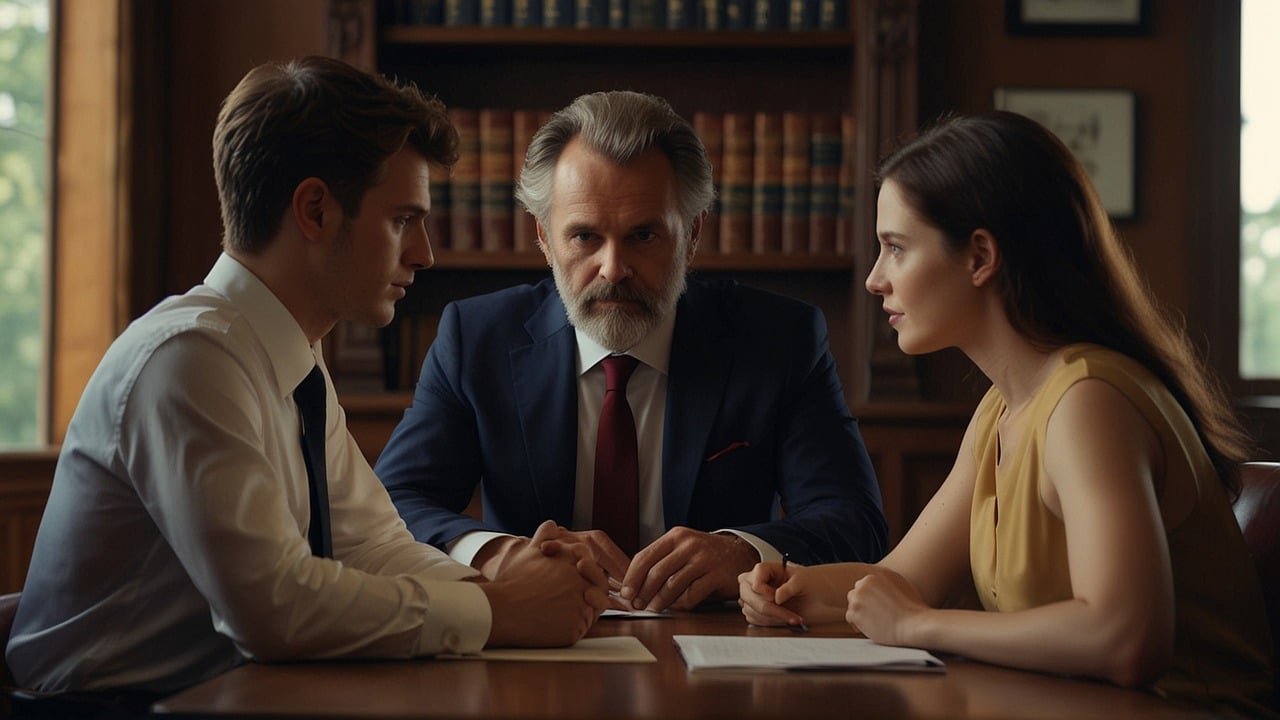Introduction
The C.W. Park case has drawn a lot of attention because of its grave accusations and its ramifications for USC, the University of Southern California. In this legal struggle, Park is up against one of the most prestigious institutions in the country, bringing important questions of legal justice and institutional responsibility to light. The purpose of this article is to offer a thorough analysis of the complaint by examining the claims, USC’s response, any legal ramifications, the larger background, and the effect of media attention.
The Allegations
Detailed Summary
The lawsuit filed by C.W. Park against USC centers around allegations of negligence and misconduct. Park claims that USC failed to address specific issues effectively, which he argues led to significant personal and professional harm. The case involves accusations of:
- Negligence: Park alleges that USC’s inaction in addressing his grievances constituted negligence. He argues that the university had a duty to act and failed to meet this responsibility.
- Misconduct: The lawsuit details instances of alleged misconduct, including improper handling of sensitive issues and failure to follow established protocols.
Key Points
- Failure to Act: Park asserts that USC ignored multiple complaints and did not take appropriate action.
- Institutional Negligence: The case questions whether USC’s policies and procedures adequately protect individuals from harm.
- Damages and Harm: Park seeks compensation for damages he claims to have suffered as a result of USC’s alleged failings.
Supporting Evidence
In support of his claims, Park has provided:
- Documentation: Emails, reports, and other documents that allegedly demonstrate USC’s failure to respond adequately.
- Testimonies: Statements from individuals who support Park’s claims or who have witnessed the university’s alleged mishandling of the situation.
USC’s Response
Official Statement
USC has responded to the allegations with a strong denial of wrongdoing. The university has issued statements asserting that:
- Due Diligence: USC contends that it took all necessary steps to address the issues raised by Park.
- Compliance with Policies: The university maintains that its actions were in full compliance with its established policies and procedures.
Key Arguments
USC’s defense includes several key arguments:
- Policy Adherence: USC argues that it followed all relevant policies and procedures in handling the situation.
- No Wrongdoing: The university insists that there was no misconduct and that the claims made by Park are unfounded.
Counter-Arguments
Critics of USC’s response argue that:
- Inadequate Action: The university’s response may be insufficient, failing to address the core issues raised by Park.
- Lack of Transparency: There are concerns that USC has not been fully transparent about its handling of the situation.
Legal Implications
Potential Outcomes
The C.W. Park USC lawsuit could lead to various legal outcomes, including:
- Settlement: A potential out-of-court settlement might be reached, involving financial compensation or other remedies.
- Court Ruling: If the case goes to trial, the court’s ruling could set significant legal precedents.
Impact on USC
The implications for USC could be substantial:
- Financial Consequences: A ruling against USC might result in financial damages and increased legal costs.
- Reputational Damage: The lawsuit could tarnish USC’s reputation, affecting its standing within the academic community and beyond.
- Institutional Changes: USC may need to implement changes to its policies and procedures in response to the lawsuit.
Legal Precedents
This case has the potential to set legal precedents for similar situations, including:
- Institutional Responsibility: It could influence how courts view the responsibilities of educational institutions in handling complaints.
- Legal Standards: The outcome might impact the legal standards applied in negligence and misconduct cases involving universities.
Broader Context
Institutional Culture
The C.W. Park USC lawsuit brings to light issues related to USC’s institutional culture, including:
- Transparency: The university’s approach to transparency and openness in handling sensitive issues.
- Accountability: How USC holds itself accountable for its actions and decisions.
Student Safety and Well-being
The lawsuit raises broader questions about student safety and well-being:
- Protective Measures: The effectiveness of measures in place to protect students and address their concerns.
- Support Systems: The adequacy of support systems provided by universities for students facing issues.
University Accountability
The concept of university accountability is central to this case:
- Responsibility: The extent to which universities are responsible for addressing and resolving issues that arise within their institutions.
- Response Mechanisms: How universities should respond to allegations and complaints to ensure fairness and justice.
Public Opinion and Media Coverage
Media Coverage
The media coverage of the C.W. Park USC lawsuit has played a significant role in shaping public perception:
- Reporting: Various media outlets have reported on the case, influencing public opinion through their coverage.
- Narratives: The portrayal of the lawsuit in the media can affect how the public perceives both Park’s claims and USC’s response.
Public Reactions
Public reactions to the lawsuit have varied:
- Support for Park: Some segments of the public support Park’s claims and call for accountability.
- Defense of USC: Others defend USC, arguing that the university’s response has been adequate and that the allegations are not substantiated.
Social Media Impact
Social media has amplified the discussion surrounding the case:
- Discussion Platforms: Social media platforms have become key venues for discussions about the lawsuit.
- Public Discourse: The impact of social media on public discourse and opinion regarding the C.W. Park USC lawsuit.
You May Also Like: Great Western Buildings Lawsuit: What You Need to Know
Conclusion
Significant legal action having extensive ramifications for the institution and the higher education system as a whole is the C.W. Park USC litigation. The case brings up important questions regarding student safety, institutional responsibility, and the efficacy of university rules. The outcome of the current judicial procedures is expected to have an impact on future cases and contribute to continuing conversations regarding the obligations of educational institutions.
FAQs
What are the main allegations in the C.W. Park USC lawsuit?
- The lawsuit alleges negligence and misconduct by USC, including failure to act on complaints and mishandling sensitive issues.
How has USC responded to the C.W. Park lawsuit?
- USC denies the allegations, asserting that it followed all relevant policies and took necessary actions to address the issues raised.
What could be the potential legal outcomes of the C.W. Park USC lawsuit?
- Possible outcomes include a settlement, court ruling, or significant legal precedents that could affect similar cases in the future.
How might the C.W. Park USC lawsuit impact USC?
- The lawsuit could result in financial damages, reputational harm, and institutional changes to USC’s policies and procedures.
What role has media coverage played in the C.W. Park USC lawsuit?
- Media coverage has shaped public perception and discussion about the case, influencing both support for Park and defense of USC.








